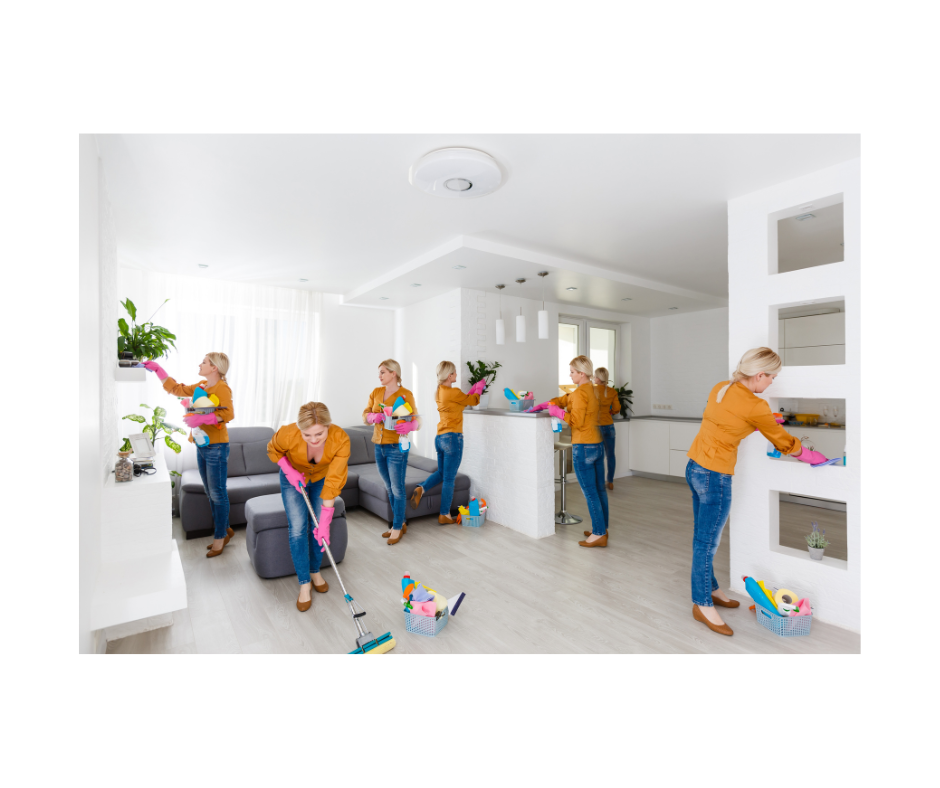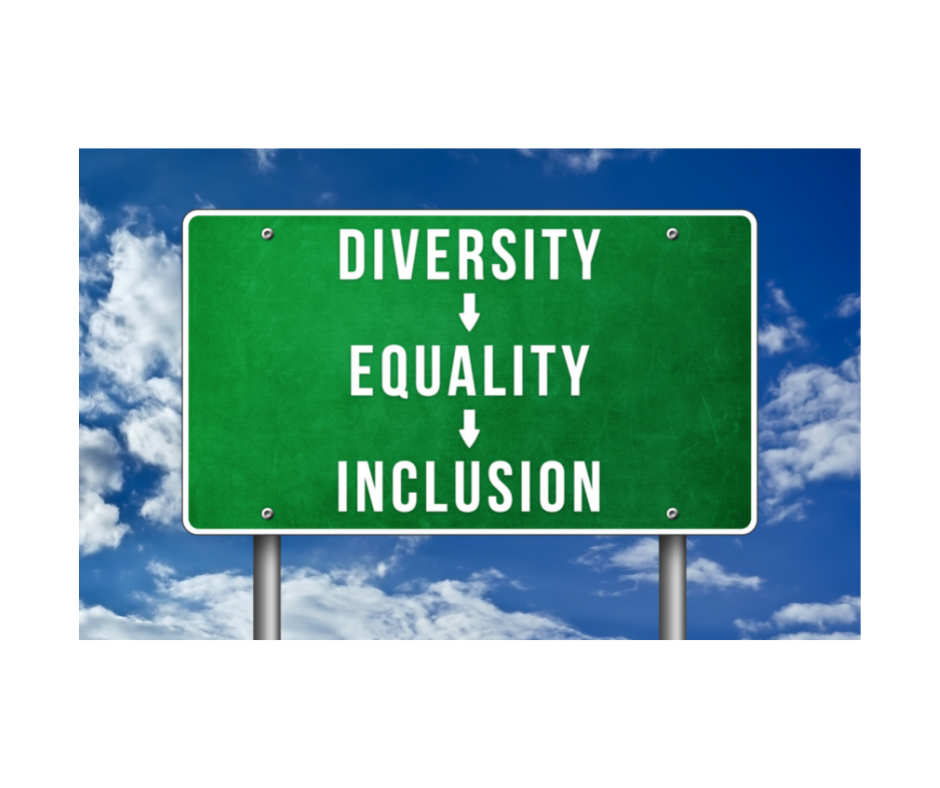Labour Pains
Invisible labour, as work which is unpaid and minimally recognised, has been a hot topic for a while and something more comprehensively explored, given the increased number of women in the workforce today. Invisible labour is still an issue today with the amount of work outside of paid employment that people still have to complete. Previously I have written about “the grind” and “the hustle culture” which is rampant in society, where the style of how we work is to be juggling a bunch of things related to work and including work in order to get ahead and achieve. Whilst there is this shift towards considering mental health and wellbeing, what I feel is not being included in our work model when considering work-life balance is the work which people are required to do at home, for themselves and their family. A lot of people seem to be experiencing this prioritisation of work over many other things in life. Paid work is definitely a priority but at times it feels as though it’s not a choice for many people, and it appears as though the rest of life gets left behind. Previously more women stayed at home to complete most of the standard household chores like cooking, washing, cleaning, groceries, errands, child care and other caring responsibilities to say the least. Whilst this has shifted to more women working in paid roles today the amount of invisible work remains. Perhaps in some instances in a two-person relationship it is more convenient if there is one person who undertakes paid work and the other who looks after unpaid work. However, it is such a complex issue to consider as most people today can’t afford to not work and a number of people actually want to work to do something that they are passionate about, outside of a home and family life. The question still remains as to how to manage a genuine work-life balance today, considering the increased expectations from paid work, outside of paid work activities related to work, social and family life, exercise and wellbeing, leisure, chores, life administration and other general tasks. A lot has been discussed about moving towards a 4-day work week, where some countries around the world have put this to trial. Naturally I hear a lot of praise for this model and seeing people being all for it. Having an extra day off work can be really valuable, considering if salaries were to remain the same. The amount of times I have said and have heard other people say “if only I had an extra day on the weekend…”. Having this extra day would mean I could invest a lot more in consistent cleaning, chores and the endless life administration which I cram into my weekday evenings; so that I can have more of a break on the weekends, and not spend the entire weekend racing around. It would be ideal to being able to slow down, work meaningfully, effectively and enjoy.




